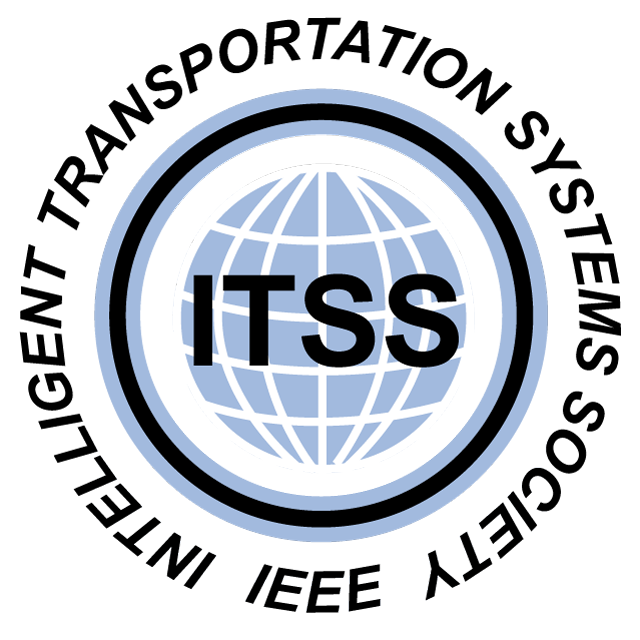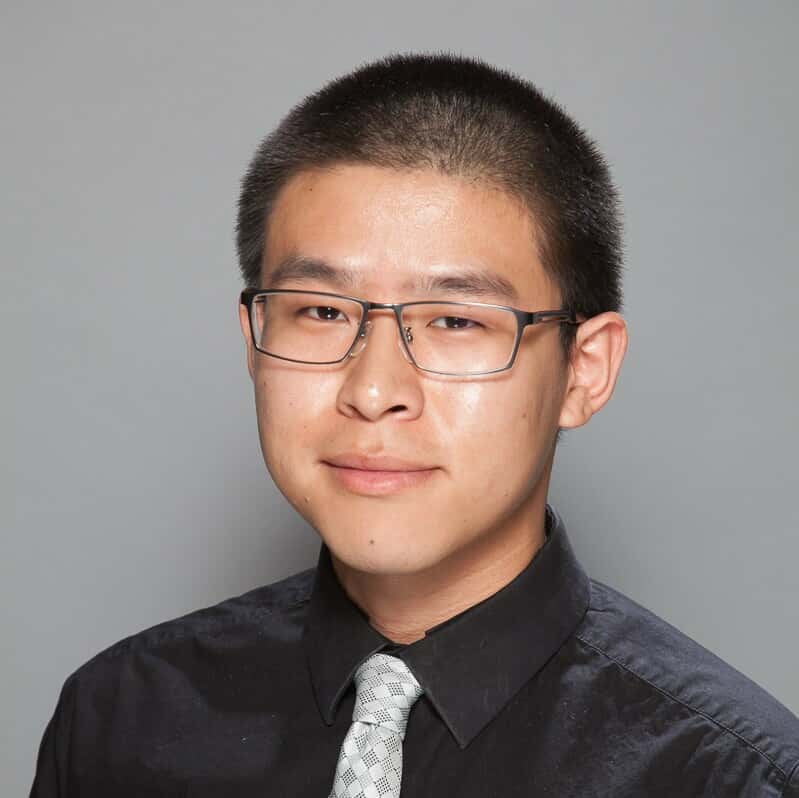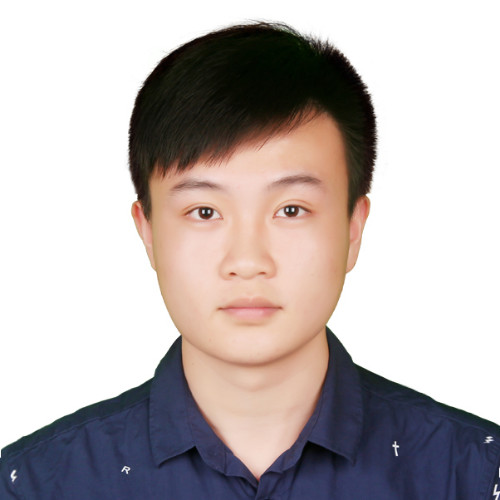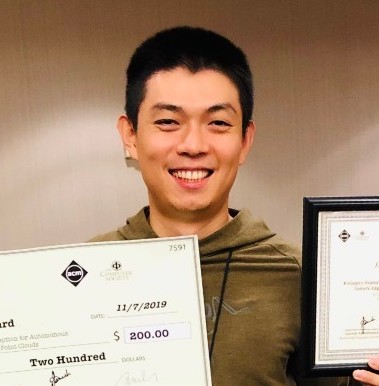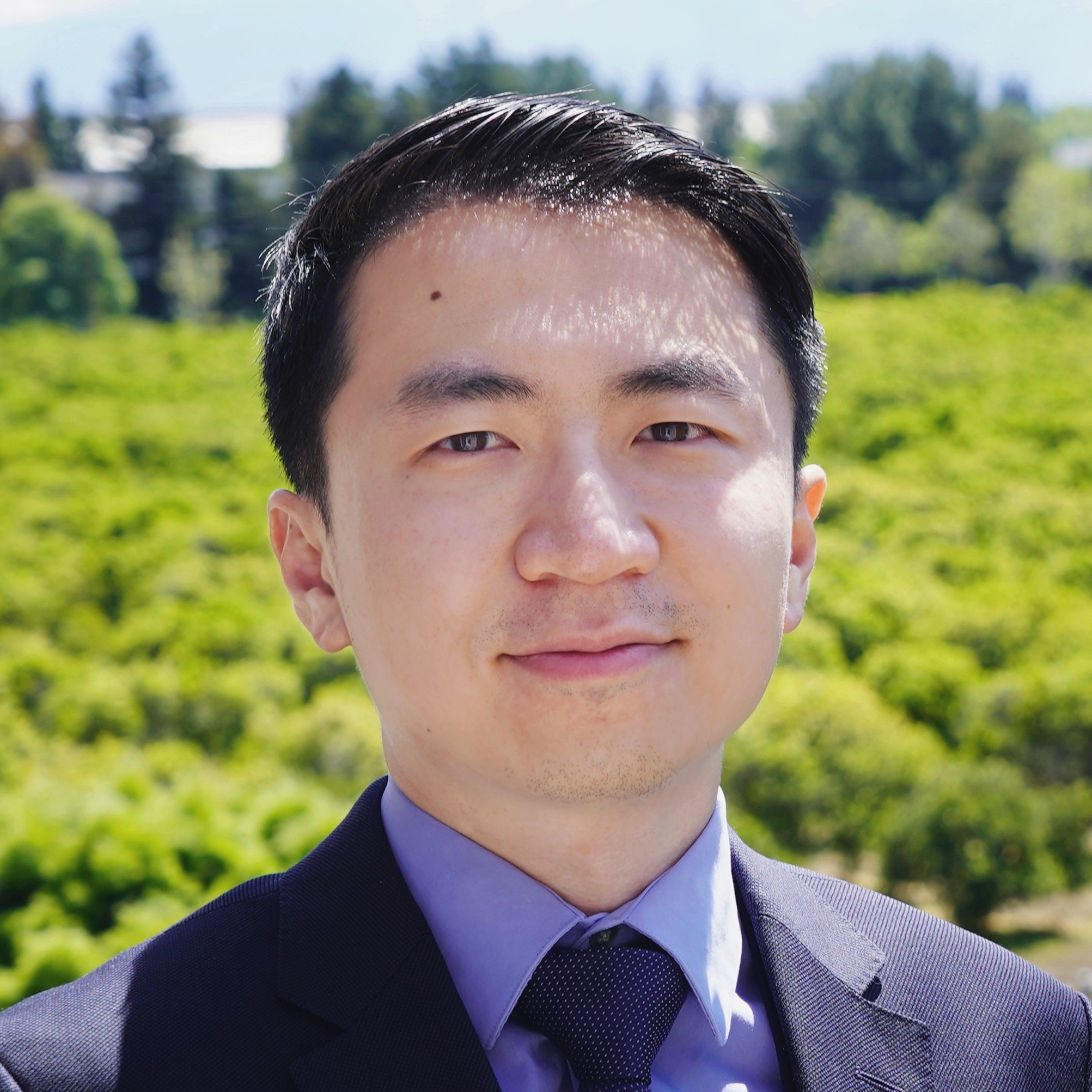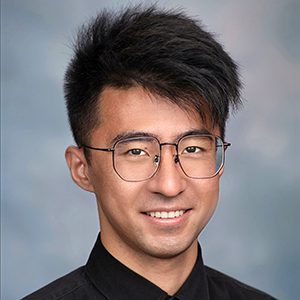Workshop Agenda
Following talks will be given on Sunday, Jun. 4, 2023 @ 13:40(AKDT), 14:40(PDT) in Room 7 at the Egan and Dena’ina convention centers
The following agenda is a draft version, which will be finalized once all invited speakers are confirmed.
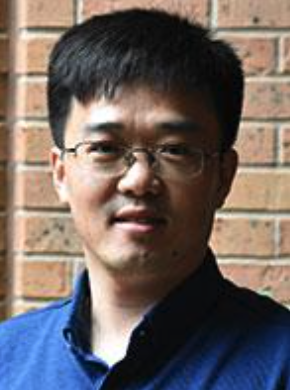 Qing Yang
Qing Yang
13:45 - 14:30, Keynote: Machine Learning based Cooperative Perception for Connected and Autonomous Vehicles
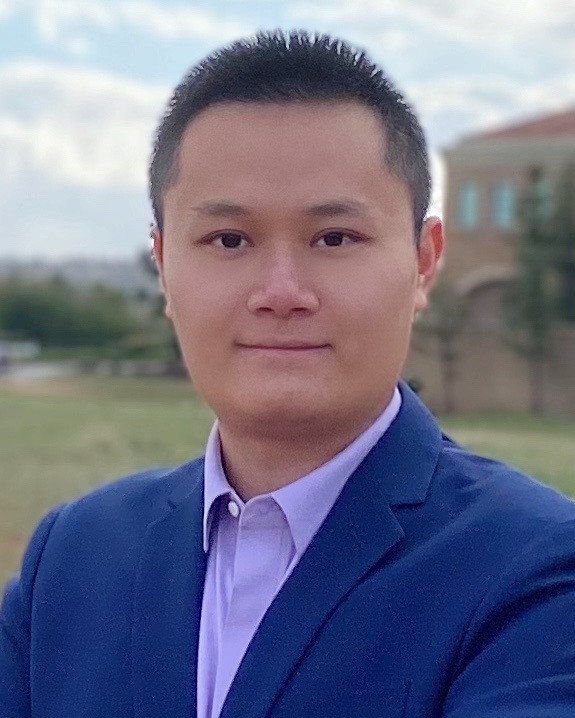 Zhengwei Bai
Zhengwei Bai
14:30 - 15:00, Lightweight, Scalable, and Heterogeneous Cooperative Perception for 3D Object Detection
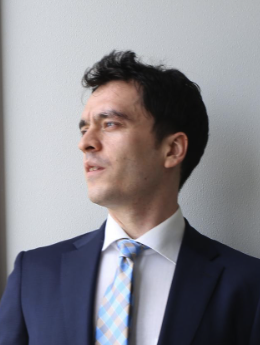 Ekim Yurtsever
Ekim Yurtsever
15:00 - 15:45, Keynote: Challenges and Edge-Cases in Pedestrian Detection
15:45 - 16:00, Break
 Yitao Chen
Yitao Chen
16:00 - 16:30, Exploring the Capabilities of Mobile Devices in Supporting Deep Learning
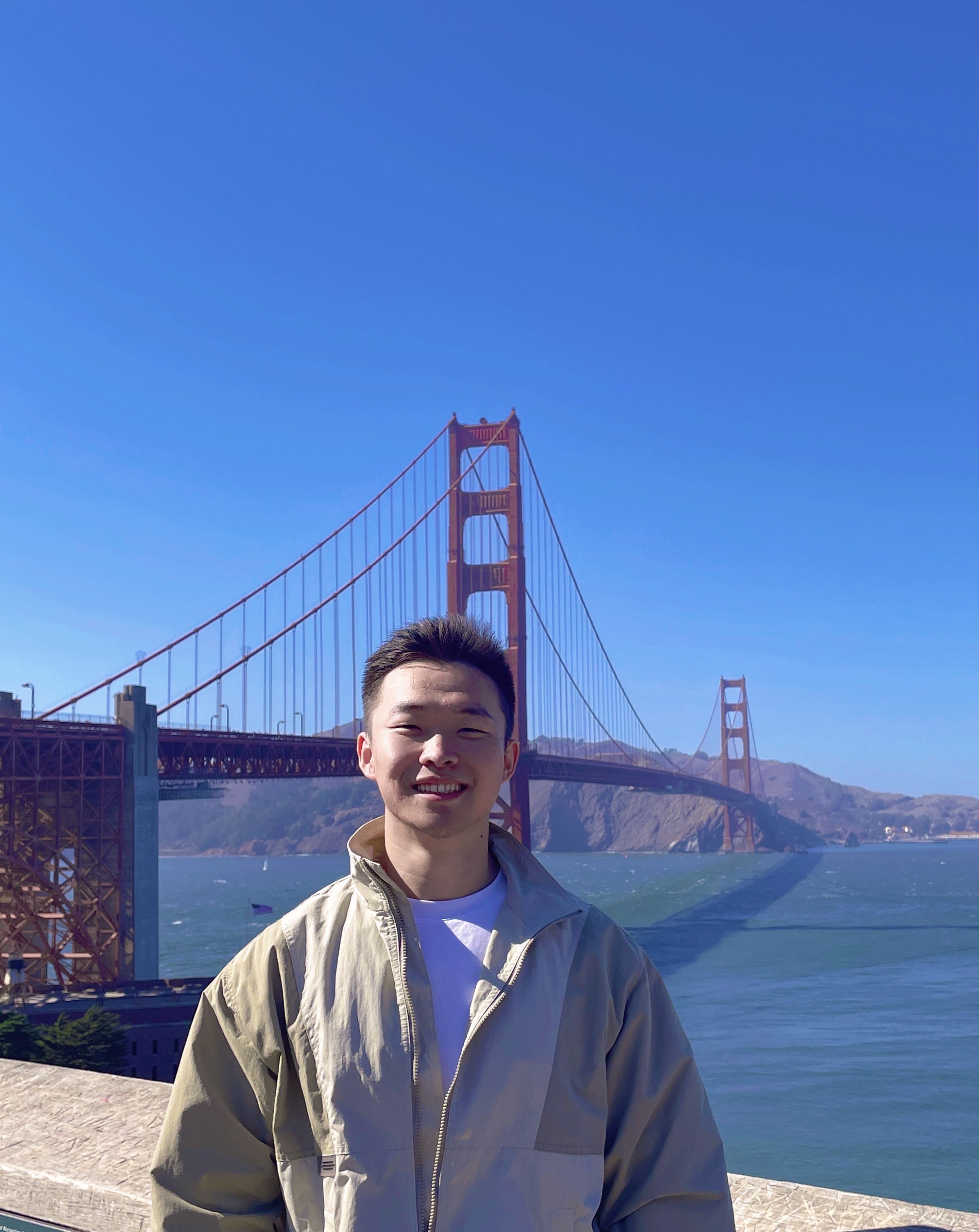 Hao Gao
Hao Gao
16:30 - 17:00, Hierarchical Federated Learning With Mean Field Game Device Selection for Connected Vehicle Applications
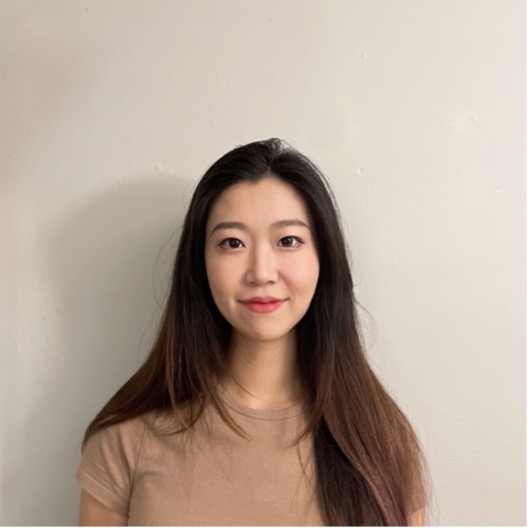 Runjia Du
Runjia Du
17:00 - 17:30, Driver Monitoring-Based Lane-Change Prediction: A Personalized Federated Learning Framework
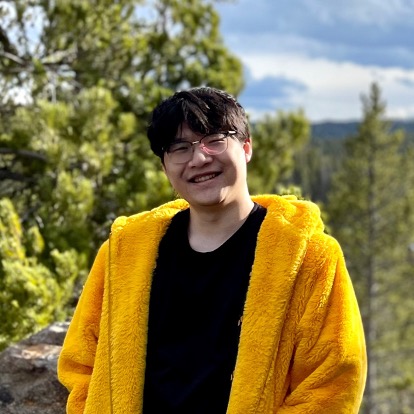 Liangqi Yuan
Liangqi Yuan
17:30 - 18:00, Advancing Personalized Driver Action Recognition in Federated Learning: User-Centric Approaches
Workshop Topics
The recent development of the Internet of Things (IoT) brings forward numerous novel technologies whose application scenarios are not only applied to the user level (e.g., individual consumer or private company), but also the system level (e.g., commercial or industrial sector). For example, the IoT plays a significant role in the current Intelligent Transportation System (ITS) which consists of advanced sensing, wireless communications, cloud computing, intelligent control, massive data management, and many other elements.
However, these advances also bring significant challenges to public authorities, industry, as well as scientific communities. In terms of system design and control, current IoT applications in ITS need to be refined or even redesigned to better function under uncertainties in demand, and to better cooperate with existing conventional vehicles and infrastructure. From the performance assessment perspective, models and simulation tools based on artificial intelligence and big data have been widely developed for validation and evaluation of IoT applications, but also need to be re-examined with field implementations.
This workshop will be the third of its series (the previous two were held on IV'20 and ITSC'21), focusing on sharing the state-of-the-art design, models, algorithms, and field implementation of a wide range of IoT applications in ITS, identifying challenges as well as research needs, and aiming to encourage cross-disciplinary cooperation. The specific topics of interests are listed below:
• Digital twin of intelligent vehicles
• IoT applications in smart cities
• Cyber security of connected and automated vehicles
• Vehicle-to-everything (V2X) communications
• Artificial intelligence and big data application in urban mobility
• Edge computing and cloud computing of connected vehicles
• Field implementations of Internet of Vehicles (IoV)
• Federated learning for connected vehicles
• Electric vehicles and infrastructures towards carbon neutrality
• Extended reality (XR) applications and systems for intelligent vehicles
• Trustworthy AI and explainable AI for intelligent vehicles
• Applications of emerging communication technologies (e.g., 5G, Wi-Fi 6) to ITS

Keynote Speaker: Qing Yang
Associate Professor, University of North Texas, USA
Dr. Qing Yang is an Associate Professor in the Computer Science and Engineering department at University of North Texas.
He works on connected and automated vehicle technology, with research interests focused on cooperative perception.
His research is funded by the U.S. National Science Foundation, U.S. Federal Highway Administration, U.S. Department of Energy,
Office of Naval Research, Toyota InfoTech Inc., and Fujitsu Laboratories of America Inc.
He is currently serving on the editorial board of IEEE Internet of Things, IEEE Transactions on Vehicular Technology,
and Elsevier Vehicular Communication. Qing Yang has a Ph.D degree from the Auburn University, Alabama, USA.

Speaker: Zhengwei Bai
PH.D. STUDENT, University of California, Riverside, USA
Zhengwei Bai (Student Member, IEEE) received the B.E. and M.S. degrees from Beijing Jiaotong University, Beijing, China, in 2017 and 2020, respectively.
He is currently a Ph.D. candidate in electrical and computer engineering at the University of California, Riverside.
His research focuses on object detection and tracking, cooperative perception, decision making, motion planning, and cooperative driving automation (CDA).
He serves as a Review Editor in Urban Transportation Systems and Mobility. He is also a member of ASCE Artificial Intelligence in Transportation Committee.

Keynote Speaker: Ekim Yurtsever
Research Associate, The Ohio State University, USA
Ekim Yurtsever received his Ph.D. in Information Science in 2019 from Nagoya University, Japan.
Since 2019, he has been with the Department of Electrical and Computer Engineering, The Ohio State University as a research associate.
He also teaches image processing courses at undergraduate and graduate levels.
His research interests include artificial intelligence, machine learning, computer vision, reinforcement learning, intelligent transportation systems, and automated driving systems.
Currently, he is working on bridging the gap between the advances in the machine learning field and the intelligent vehicle domain.

Speaker: Yitao Chen
PH.D. STUDENT, Arizona State University, USA
Yitao Chen is a fifth-year Ph.D. student in Computer Engineering at Arizona State University. He is a graduate student researcher under the guidance of Prof. Ming Zhao.
His research focuses on deep learning for edge computing, including deep learning on mobile devices and IoT, federated learning, synthetic gradient, and distributed deep learning.
His research outcomes have appeared at numerous influential conferences, including Symposium of Edge Computing, USENIX HotEdge, and High-Performance Parallel and Distributed Computing.

Speaker: Hao Gao
PH.D. STUDENT, UNIVERSITY OF HOUSTON, USA
Hao Gao (S’19) received his B.E. degree in Electrical and Information Engineering from Huazhong University of Science and Technology, Wuhan, China, in 2018.
He received his Ph.D. degree in Electrical and Computer Engineering in University of Houston, USA, in 2023.
His current research interests include mean field game, machine learning and their applications in distributed systems.

Speaker: Runjia Du
PH.D. STUDENT, Purdue University, USA
Runjia Du received her B.S. degree in Transportation from ECJTU in 2017 and M.S. degree in Civil Engineering from Purdue University in 2020.
She is currently a PhD candidate and working as a graduate research assistant at Center for Connected and Automated Transportation (CCAT) at Purdue University.
Her research directions are optimization-based and AI-based control for connected and autonomous vehicles, traffic safety in mixed traffic and data-privacy machine learning in autonomous driving.

Speaker: Liangqi Yuan
PH.D. STUDENT, Purdue University, USA
Mr. Yuan received the B.E. degree from the Beijing Information Science and Technology University, Beijing, China, in 2020, and the M.S. degree from the Oakland University, Rochester, MI, USA, in 2022.
He is currently pursuing the Ph.D. degree with the School of Electrical and Computer Engineering, Purdue University, West Lafayette, IN, USA.
His research interests are in the areas of sensors, the Internet of Things, signal processing, and machine learning.
Workshop Organizers

